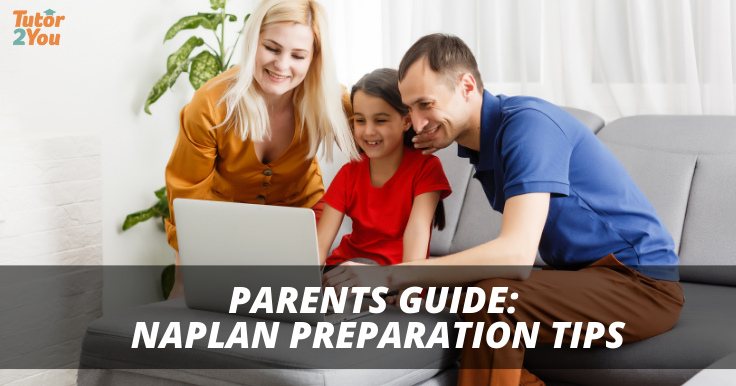
Parents Guide: NAPLAN Preparation Tips
The National Assessment Program – literacy and numeracy, or NAPLAN is a measure of testing basic skills to assess literacy and numeracy. The purpose of these tests is to evaluate progress in these areas of learning, The tests assess students in the early years of schooling for their skills based knowledge and ability to build the foundations needed in numeracy and literacy.
The nature of these tests, assessing skills, means they are not tests that require learning of facts or information. They are purely for looking at how students are acquiring skills to use to build on as they progress through the school system.
A.C.A.R.A, the Australian Curriculum Assessment and Reporting Authority, assures parents there is no need to learn for these tests. Preparation from an academic standpoint is provided through the school curriculum and the process of the testing through understanding how the test process works.
Parents may want to add value to the experience at home, but are unsure of what to do to help prepare their children. Here is a list of do’s and try not to’s that may shed some light on a positive approach to these tests with your children.
DO, try these suggestions
TRY NOT, to follow these approaches.
NAPLAN is not something to be studied for. This test acronym may be something to help with any negative ideas you may have with regard to testing.
T – trying to
E – examine
S – skills and
T – trust in the process.
The Bottom Line: The best way to get your child ready for NAPLAN is to continue to develop literacy and numeracy skills
NAPLAN is not intended to intimidate or cause undue stress. It is intended to help build skills and awareness of literacy and numeracy at different levels of the scholastic system.
At Tutor2you, we help students prepare for NAPLAN with the help of our certified and trained tutors
If your child requires some additional support may it be in-home or online, we're here to help! Book for a free consultation today.


